Leverhulme Trust network:
Understanding Insurgencies: Resonances from the Colonial Past
Paris Research Workshop, December 2016


Hosted by Emmanuel Blanchard of the Université de Versailles Saint-Quentin/Sciences
Po Saint-Germain, the second Leverhulme Trust workshop on Understanding Insurgencies was held in Paris on 15-16 December 2016. The workshop was themed around the issues of laws of war and targets of violence. It convened at University of Paris I Pantheon-Sorbonne’s Centre Mahler on the 15th: and the Sorbonne’s Maison de la recherche on the 16th:
A broad range of papers discussed multiple aspects of political violence in late and post-colonial insurgencies. Several themes emerged particularly strongly, both within the papers themselves and in the workshop discussions they generated. These themes included political economies of conflict escalation and limitation to which Christopher Goscha’s wide-ranging analysis of ‘insurgent sovereignty’ in the Indochina War spoke particularly strongly. Boyd van Dijk’s paper
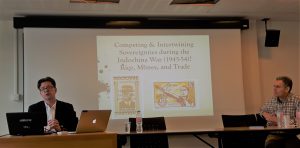
relating the 1949 Geneva Conventions to contested decolonisations of the late twentieth century explored variations in the effectiveness of international law in limiting insurgent and, more especially, security force violence. Matters of violence – its form, its rationales and, above all, its agents and targets – featured particularly strongly in Stacey Hynd’s poignant analysis of the role of child soldiers in late twentieth-century insurgencies. Equally striking in this context was Emily Bridger’s discussion of the role of girls and young women as actors and objects of political and sexual violence in the anti-Apartheid struggle within Soweto township during the 1980s and 1990s. (Emily merits additional mention as she managed to give her paper despite a worsening case of the flu).
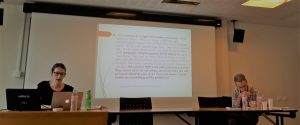
The targets of insurgent violence within late colonial conflicts were central to two papers, each focused on Algeria’s War of Independence from France. Neil MacMaster’s paper on assassinations re-examined the civil war dynamics of the Algerian conflict from a multi-disciplinary perspective while Nedjib Sidi Moussa’s investigation of urban killings within and between rival anti-colonial movements also brought out the internecine rivalries so intrinsic to late-phase decolonisation. Shifting focus on Mandate Palestine, Matthew Hughes explored the legal foundations that underpinned Britain’s increasingly punitive actions against alleged supporters of Arab insurgency in the cities and villages of the Palestinian interior during the inter-war years. An exemplary analysis of British colonial ‘lawfare’ in action, Hughes made plain that, from being contrary to British imperial law, collective punishments and retaliatory violence were underpinned by it.
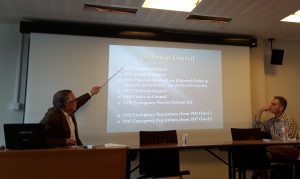
The conjunctures between official policies and local coercive practices were also evident in the papers given by Huw Bennett on Britain’s psychological warfare programme in the Middle East developed in the wake of the Suez Crisis, as well as in Peter Jackson’s analysis of inter-war French threat perceptions and surveillance techniques. In each case, the slippage between metropolitan presumptions about sources of dissent, the ascription of particular characteristics to opposition groups, and heightened restrictions on local populations within dependent territories emerged strongly. Taken together, the Paris workshop papers highlighted a number of research questions central to the research network all of which are likely to be further explored at later network meetings. At the risk of simplifying what were often complex and multi-faceted discussions, these questions might be summarised thus:
- What restrained violence in insurgencies and counter-insurgencies? Conversely, what enabled it?
- How might we factor in exogenous factors – for example, international laws, foreign observers, networks of opposition – to explain questions of restraint and escalation?
- And what about the endogenous aspects – among them, matters of political economy, food supply, resource denial and access to land – as catalysts to particular forms of insurgent behaviour and counter-insurgent response?
- Why and what ways is insurgent and counter-insurgent violence so highly gendered?
- In similar vein, what about the role of children, adolescents and youth more generally as critical actors in insurgency?
- How do issues of targeting, individual and collective punishments alter our perspectives on the nature of the conflicts being explored?
- Where do issues of psychological warfare and intelligence analysis fit into these questions?
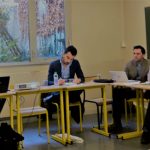
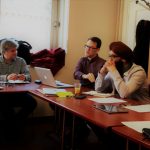
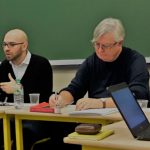
Comments are closed, but trackbacks and pingbacks are open.